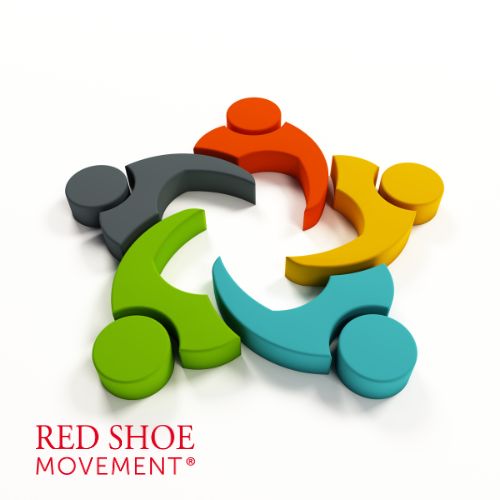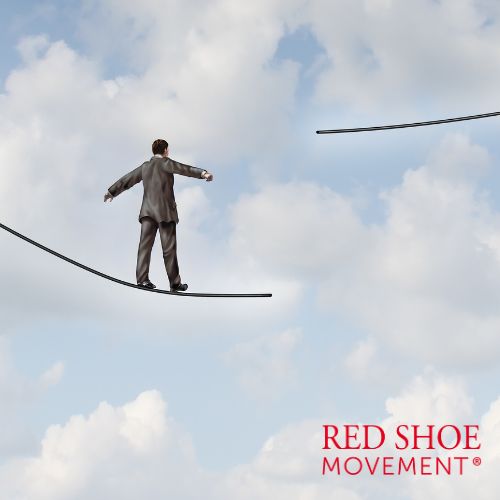Everybody knows that feedback is a key element of our improvement at work and in life in general, but did you know it’s also important for you to protect your team from feedback fatigue?
There is such a thing as too much feedback and even giving it may start to feel like a lot after a while. In addition, everybody handles feedback differently, and while some people will handle negative feedback without letting it affect their mental health or self-confidence, others can find it difficult to get back to business as usual after they’ve been criticized– which will have a negative impact on their work sooner or later.

The thing is, we don’t just get feedback at work. We’re constantly receiving feedback, sometimes it’s even feedback we never asked for in the first place. Feedback will always be necessary and studies have shown that 63% percent of workers want more “in the moment” feedback. The best you can do if you’re in a position where feedback is necessary to get team members to where they need to be, is find the right balance. Once you get to know your team, you’ll realize that protecting your team from feedback fatigue will help everyone in the long run.
Virtual Leadership: Dos and Don’ts
What is Feedback Fatigue?
Feedback fatigue happens when someone is mentally drained after receiving too much negative feedback. No one likes being told what they’re doing is wrong, especially if it’s happening very often. Even the kindest constructive criticism can start to weigh us down when there’s too much of it. Similarly, constantly having to be that person for someone you work with can have a negative impact on your mental health and even affect your ability to do your job and assess other team members.
Knowing your team and how its members handle feedback will help you create the right balance. Not everyone handles criticism the same way and it’s a good idea to know what you are up against when the time for performance assessments comes. Are you talking to someone who can easily put your feedback into play, or will they need a moment to build their confidence back up before they can process and implement your comments?

According to some research, there are three factors that can be used to measure our sensitivity to feedback:
- Baseline: Someone’s general or baseline state of happiness or contentment.
- Swing: How far up or down someone swings as a result of positive or negative feedback.
- Sustain or Recover: Which measures how long it takes for someone to return to their baseline.
Don’t Let Fear Sabotage You Professionally
It’s normal for us to want to be accepted as we are, especially considering how much we care about how we are perceived. Being evaluated can make us feel overwhelmed and judged, no matter if it’s a positive or negative evaluation.
Signs of Feedback Fatigue
- Paralysis: Somebody who is experiencing feedback fatigue can begin to second-guess all of their decisions and focus so much energy and attention on people-pleasing that they freeze when it comes to new challenges.
- Emotional depletion: Feedback fatigue can also lead some people to feeling helpless and becoming convinced that nothing they do will ever be good enough.
- Resistance to positive feedback: People can feel so insecure after negative feedback that it can be difficult for them to believe any positive impact that they may have.
- Disengagement: People experiencing feedback fatigue can feel so hopeless about their ability to improve that they check out before more negative feedback can be thrown their way. They could become apathetic or start looking for a different job.
- Are you feeling it? Do you feel like you’re always giving feedback? If you are getting tired of it, it’s possible that the person (or people) on the receiving end feel it too.
Use Creative Boredom to Your Advantage
How to Protect Your Team from Feedback Fatigue?
Managing your team effectively will be easier if you build trust with your team and find what works best for everyone. Make sure you are talking to them and that it’s not just happening when it’s time to give them feedback. When you do give them feedback: try to balance the good and the bad, remember to be specific about negative feedback, set clear goals, and listen to what they have to say in return, encouraging an open dialogue not just between the two of you but between them and the rest of the team.
Finally, make sure to talk about the thing the person is doing wrong or not at the level expected rather than talk about the person being wrong. When you separate the actions from the person, you make it easier for the person to hear your feedback and become less defensive, which all in all should help avoid feedback fatigue.



























































































































































































